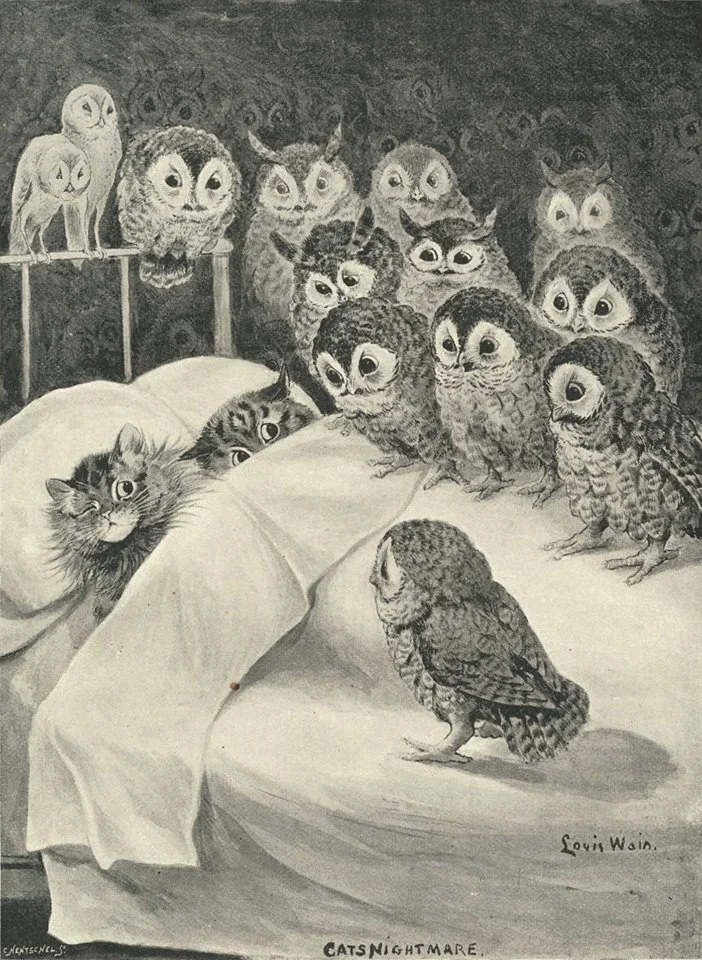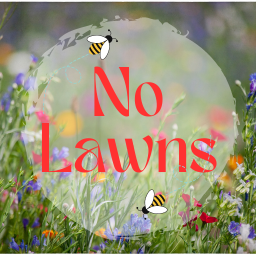

Awesome! Sometimes all neighbors need is to see it in action, to not be the first on the block. Like it gives people permission in a way 😊


Awesome! Sometimes all neighbors need is to see it in action, to not be the first on the block. Like it gives people permission in a way 😊


Same, had one inserted over a decade ago. No one said anything about pain medication. Drove myself home and felt every imperfection in the road. About a week of severe cramping.
Went for the follow up and the gyno adjusted its position without warning. When I cried out, she told me the pain would subside in a few days. It didn’t, so I got it removed a month later.
Glad to see the tides are changing 🙌
I’m with you, but I do stress the optimistic and hopeful part given the utopian nature of the solarpunk movement. I’m not talking about toxic positivity, that’s gross lol and leads to inaction. Moreso on replicable activities, collaboration, brainstorming, sharing successes, not dehumanizing others, and rejecting despair.
A lot of your posts are in line with what I mean about keeping the focus, like those about biodiversity loss and deforestation. Definitely not saying that’s all that fits here or all this place should be, but those do fit more than what feels like advertisements.
Maybe it’s because I’d like to see each vegan community on the fediverse have their own flavor… Like blahaj highlighting the intersections of queer and animal liberation, or lifting up queer activists. Or .ml discussing veganism through a communist lens, .ca focusing on Canadian concerns and movements. Right now, it feels so homogeneous.
Thank you for the last bit 😂 Killing your lawn is vegan!
Given the nature of the fediverse, bringing this community more in line with the Solarpunk instance:
A place for hopeful vegans and curious folk, focused on the climate crisis.
Solarpunk is an anti-capitalist movement against the status quo. Apolitical means status quo. Capitalism will not bring about liberation for any earthling, nor will the NGOs who do the bidding for the state. We can’t rely on our institutions. We need a grassroots movement from below.
More discussions about activism and community organizing. Posts about art, music, and creative works. Optimistic or thought-provoking essays aligned with Solarpunk values. Zero waste recipes or DIY dupes. Projects we can support or take to our own communities. News about everyday people working towards a better world.
Less about corporate offerings, consumption, and processed foods wrapped in plastic. Less inflammatory missionary work, less debate bros, and less worrying about scaring off conservatives.
There are numerous vegan communities across the fediverse on generalist instances more in line with the mainstream movement, let it be those who get that type of activity. Or in the discussion community which could use some love: !discusswithvegans@slrpnk.net


Been meaning to try this 🙏
Mary’s Test Kitchen attempted a scramble with another legume in the recent video, will chickpea egg?


60 minutes interviewed the photojournalist Philip Holsinger. He says as much when discussing the pictures of them bound, shaved and wearing all white.


No idea :( it was cool hearing the reasoning behind their choices.
I’ll leave this related video here for posterity, it’s an interview on another channel:
[Talk Gnosis] The Philosopher’s Tarot w/ Craig From Acid Horizon


Awesome! Tarot is my favorite introspective tool, a diy Rorschach test lol. The only bummer is they made the video private!


These communities may be helpful:
!nativeplantgardening@mander.xyz
Look out for seed or plant swaps in your area. Gardeners are usually very willing to share lol. As for specifics, it would depend where you are in the world.


Do you grow jasmine or gardenia? I’d have my nose in those flowers every day!
Buttonbush and rattlesnake master both have spherical white flower clusters that look moonlike. Elderberry too having huge white clustered blooms. Mountain mint is another favorite of mine with fragrant, silvery leaves and white flowers.


No, just a fan! I found out about them recently through another channel I follow, Black Liberation Media. One of the hosts of the main Red Nation podcast, Nick Estes, has been on Democracy Now! quite a few times.


The same! Though this conversation is focused through the lens of settler colonialism and discussed by Indigenous leftists.
The newest episode in the series covers the Heaven’s Gate cult from a similar perspective.


I don’t think so, unfortunately.
Also in Baltimore, home of Vegan SoulFest!
Food is culture 💚 and the vegan food here feels like Baltimore. It’s awesome that other cities are doing the same.


Mr. Trash Wheel is pretty cool:


Around here, it’s spotted lanternflies. The almost glee some have for squashing them is disheartening. I get why they do it, believe me, but I’ve encountered little to no zoomed out perspective that these little dudes didn’t choose to be here.
To really go off the deep end… the spotted lanternfly’s favorite tree, Ailanthus altissima, is just trying to do what its ancestors have done for millennia. Not saying these trees shouldn’t be removed, but they also didn’t choose to be here.
Of these things we speak venom and deem trash. Though, this attitude seems pervasive in how western culture treats the other in general.
Do you mean the fun stuff like soy curls and doing lines of nooch? Mimicking the gluttonous delights of Thee Burger Dude?


Closing a herbarium during the sixth mass extinction 🤡
Cool find 🌛 Looks like they’re accepting submissions for the next issue until end of August.